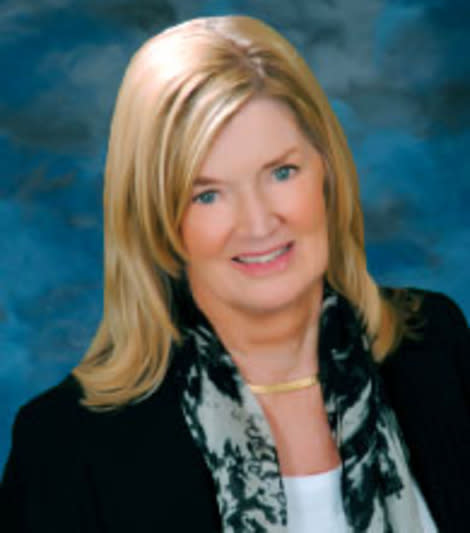Help Loved Ones Cope with Addiction
When it comes to drug and alcohol addiction, there's no one more important in the life of the addict than the friends and family around him or her. It's rare when addicts decide on their own that they're in trouble and need help; therefore, it's up to those around them to intervene and help rid their loved one of that addiction.
"How many women see their friends getting into a car after having too much to drink and picking up their children?" asked Anne Brown, PhD, RNCS of Aspen Progressive Addiction Solutions and who is in private practice specializing in addictions, couples and families. "Every opportunity you get you have to intervene."
Brown says many people write off someone's substance abuse problem as something that may only happen once in awhile - but that's not a good excuse.
"I think the most challenging part of addictions is, at the time the individual has to make the best decision of his life [to get help], his brain cells are in the worst of shape," Brown said. "The call to action really is for the loved ones, because that's usually how someone stops. For someone to stop pretending their friends, their loved ones, their parents, their husband, their wife, is not in trouble."
"Be aware of somebody that you love because it's such a tearing thing to sit down with them and say 'I'm really concerned, you appear to be out of control. You need to get some help,'" she added.
Brown offered several tips for sitting down to confront a loved one about their problem:
Be ready to be disliked. "You have to understand, they're not going to thank you … but you sit down with them" anyway.
Do NOT organize a group of people to sit down with someone for an intervention when you yourself haven't tried talking to the potential addict one-on-one. Try saying: "Hey, I love you. I'm concerned." And you have to give evidence of a problem. You can't just say "you're drinking too much." Have specific dates and instances ready.
Choose a time to talk when everyone is sober, and start the conversation with something like: "I'm really concerned about you. I love you. I know you wouldn't want to be doing the things you're doing. I want you to get some help."
If talking doesn't work, use leverage - something like telling the addict you're going to run a sober house, you won't serve alcohol at get togethers, or you won't go with the addict to parties when alcohol is being served. "You limit yourself, you take yourself out of situations you're concerned about. The worse thing you can do is say you're going to do it then not do it. Then they know they have you."
Nine times out of 10, Brown said, her patients come to her saying no one ever had such a conversation with them about their problem. She encourages everyone to take a good, hard look at their circle of friends and family, or someone else in your life that perhaps you or others have gossiped about. Chances are, you know at least one person who may have some type of substance abuse problem
"If you're not talking to that person, then you're participating in enabling," she said. "It really is about getting a backbone - regardless if someone yells at you."
Brown's book, Developing Your Backbone: The Science of Saying No, helps people do just that. It helps empower people during interpersonal interactions, helps them speak authentically, and teaches "people pleasers" to implement "Backbone tools": The ability to say 'No' with dignity, make requests, and speak authentically, which can radically change one's life.
"All of us need Backbone Tools," Brown says about her book. "When you bump up against the Bernie Madoffs of the world and they can't tolerate requests, it is time for you to move on before you find your wallet empty. The people in 12 step programs can greatly enhance their recovery by reading this book. I believe for most people struggling with addictions, including eating disorders, and the friends and families of those struggling with addictions, there is a component of people pleasing. Women who have been abused or are being abused AFTER they are in a safe environment need Backbone skills. If they learn these skills early in life they will have the tools to avoid abusive, toxic situations."
Click here for the full story over at genConnect.com.
For related stories on genConnect:
About the Author:

Dr. Anne Brown, PhD, RNCS of Aspen Progressive Addiction Solutions and who is in private practice specializing in addictions, has served as the trusted advocate and advisor to Influential Corporate leaders, Trial Attorneys, Athletes, Leaders, Physicians and their families, many whose connections extend well beyond the town of Aspen. Brown is also the author ofDeveloping Your Backbone: The Science of saying NO.
Want more genConnect?
For more daily expert updates, follow genConnect on Twitter and Facebook.
To stay on top of Anne Brown's latest posts, as well as the contributions from other experts on the site: Sign Up for genConnect.
These are one expert's views on the news. Share with us your thoughts in the comments box below.
